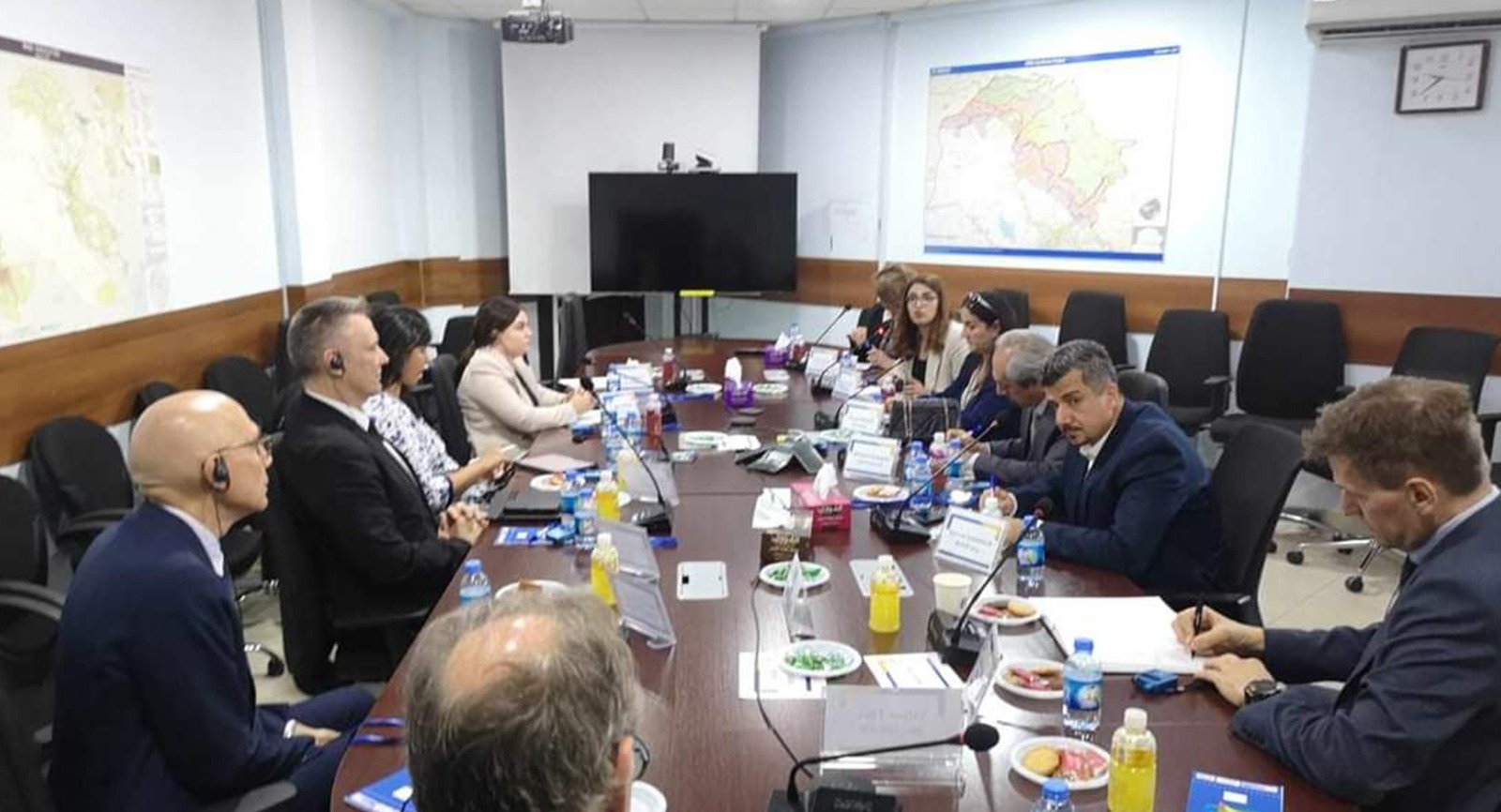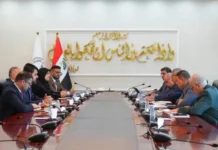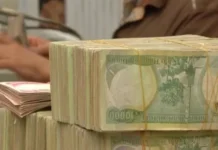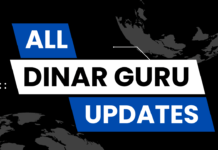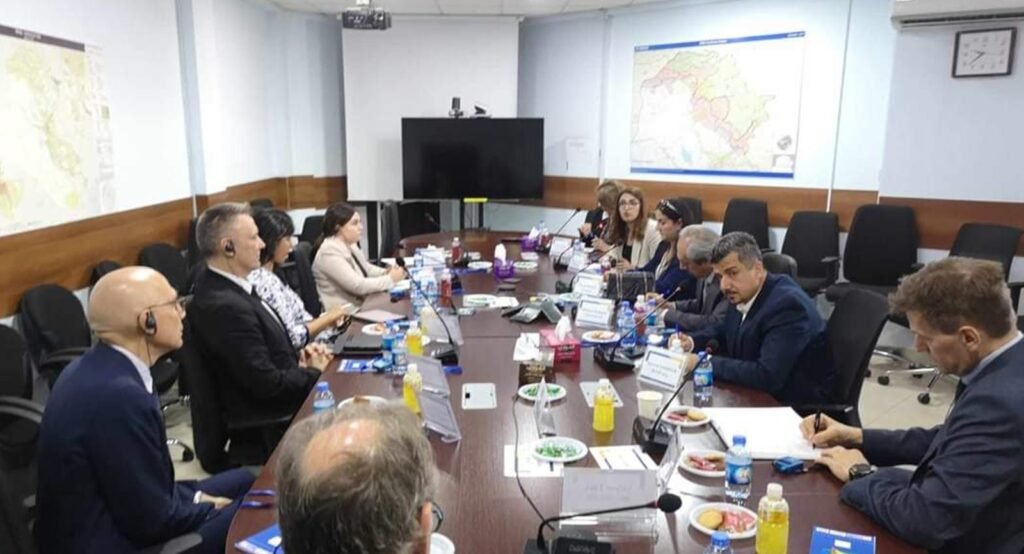
The Metro Center for Journalists Rights and Advocacy has declared an important meeting with a delegation of high-level officials from the United Nations. The meeting aims to discuss the issues of human rights and freedom of expression in the Kurdistan Region.
During a meeting with the UN High Commissioner for Human Rights in Iraq, Volker Türk, Hazan Ahmed, who represented the center, discussed the human rights situation and the challenges concerning freedom of expression and the press in the Kurdistan Region. The meeting was attended by representatives from various civil organizations in the area.
During the meeting, the focus was on how security forces treat journalists covering demonstrations, gatherings, and protests. They also discussed instances where journalists have been convicted by the judiciary and the recent decision by the Erbil High Court to extend the imprisonment of activist and journalist Sherwan Sherwani.
Ahmed highlighted how the growing number of activists and journalists who have been convicted is a worrying indication of the decline in freedom of expression and human rights violations in the Kurdistan Region.
During the meeting, various issues were discussed including the dangers of hate speech, failure to enforce laws, limitations placed on social media networks, electronic harassment, and blackmail.
The Center has submitted its yearly report to the UN High Commissioner for Human Rights. The report highlights that security agencies are still not treating media teams well during event coverage. Journalists continue to face difficulties in providing coverage of significant events.
The report detailed numerous occurrences in cities of Kurdistan. These included instances of arrest without proper judicial authorization, violence, attacks on media teams, and their mistreatment in detention facilities controlled by police, security prisons, and counter-terrorism units. Additionally, there were instances of threats, intimidation, discrimination, and a lack of access to information.
